More information about available transport from Krakow Balice Airport to the City Centre can be found on Kraków.travel's website.
More information about transport from Railway Station to the City Centre can be found on Kraków.travel's website.

in alphabetical order
Chairs: Jerzy Krupiński (Spain ), Agnieszka Słowik (Poland )
Chairs: Maciej Małecki (Poland )
Chairs: Marek Sanak (Poland )
Chairs: Zbigniew Gaciong (Poland ), Tomasz Grodzicki (Poland )
Chairs: Yang D. Teng (USA ), Marcin Majka (Poland )
Chairs: Anni-Maija Linden (Finland ), Marzena Maćkowiak (Poland )
Chairs: Kathryn A. Cunningham (USA ), Edmund Przegaliński (Poland )
Chairs: Ewelina Knapska (Poland ), Leszek Kaczmarek (Poland )
Chairs: Kenneth A. Jacobson (USA ), Katarzyna Kieć-Kononowicz (Poland )
Chairs: Vladimir P. Torchilin (USA ), Piotr Warszyński (Poland )
Chairs: Jacek Kuźnicki (Poland )
Chairs: Joanna Mika (Poland )
Chairs: Richard M. Kostrzewa (USA ), Elaine Del Bel Guimaraes (Brasil )
Chairs: Vincenco Cesari (Italy ), Irena Nalepa (Poland )
Chairs: Małgorzata Filip (Poland )
Chairs: Andrzej Bojarski (Poland )

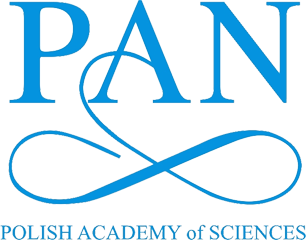

We are very pleased to announce that following persons took the honorary patronage over the 2nd Central European Biomedical Congress:
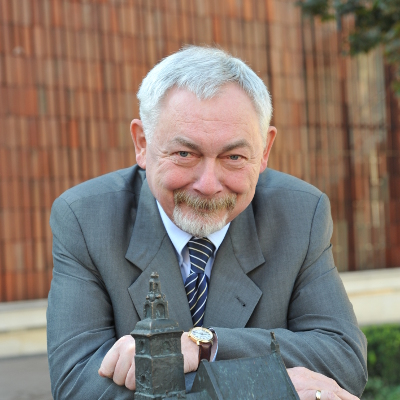
Professor, Ph.D.
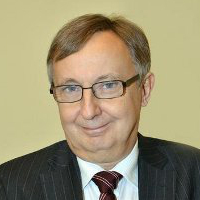
Professor, Ph.D., M.D.
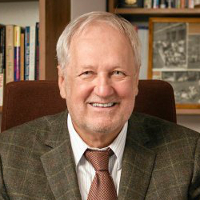
Professor, Ph.D.
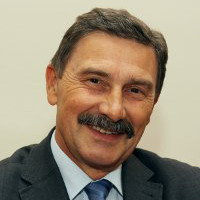
Professor, Ph.D.
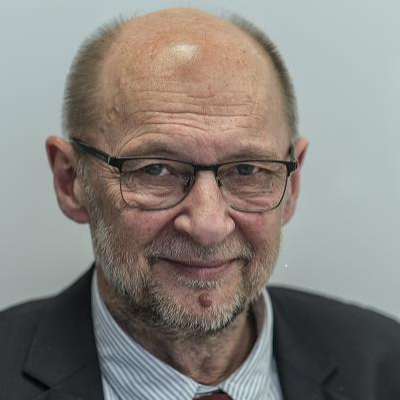
Professor, Ph.D.
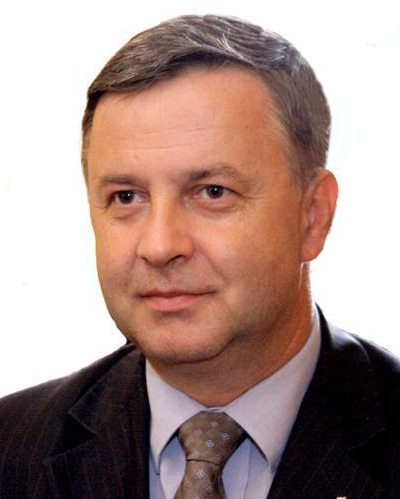
Professor, Ph.D., M.D.
| Name | Institution | Country |
|---|---|---|
| Andrzej Bojarski Professor, Ph.D. |
Institute of Pharmacology, Polish Academy of Sciences Krakow |
Poland |
| Kathryn A. Cunningham Professor, Ph.D. |
Center for Addiction Research & Department of Pharmacology and Toxicology UTMB, Galveston, TX |
United States of America |
| Małgorzata Filip Professor, Ph.D. |
Institute of Pharmacology, Polish Academy of Sciences Krakow |
Poland |
| Kjell Fuxe Professor, Ph.D., M.D. |
Department of Neuroscience, Karolinska Institute Stockholm |
Sweden |
| Zbigniew Gaciong Professor, Ph.D., M.D. |
Faculty of Medicine, Medical University of Warsaw Warsaw |
Poland |
| Leszek Kaczmarek Professor, Ph.D. |
Nencki Institute of Experimental Biology, Polish Academy of Sciences Warsaw |
Poland |
| Richard M. Kostrzewa Professor, Ph.D. |
East Tennessee State University | USA |
| Katarzyna Kieć-Kononowicz Professor, Ph.D. |
Collegium Medicum, Jagiellonian University Krakow |
Poland |
| Jacek Kuźnicki Professor, Ph.D. |
International Institute of Molecular and Cellular Biology Warsaw |
Poland |
| Władysław Lasoń Professor, Ph.D. |
Institute of Pharmacology, Polish Academy of Sciences Krakow |
Poland |
| Marzena Maćkowiak Associate Professor, Ph.D. |
Institute of Pharmacology, Polish Academy of Sciences Krakow |
Poland |
| Marcin Majka Professor, Ph.D., M.D. |
Collegium Medicum, Jagiellonian University Krakow |
Poland |
| Maciej Małecki Professor, Ph.D., M.D. |
Collegium Medicum, Jagiellonian University Krakow |
Poland |
| Joanna Mika Associate Professor, Ph.D. |
Institute of Pharmacology, Polish Academy of Sciences Krakow |
Poland |
| Irena Nalepa Professor, Ph.D. |
Institute of Pharmacology, Polish Academy of Sciences Krakow |
Poland |
| Joanna Pera Professor, Ph.D., M.D. |
Collegium Medicum, Jagiellonian University Krakow |
Poland |
| Edmund Przegaliński Professor, Ph.D., M.D. |
Institute of Pharmacology, Polish Academy of Sciences Krakow |
Poland |
| Marek Sanak Professor, Ph.D., M.D. |
Collegium Medicum, Jagiellonian University Krakow |
Poland |
| Agnieszka Słowik Professor, Ph.D., M.D. |
Collegium Medicum, Jagiellonian University Krakow |
Poland |
| Umberto Spampinato Professor, Ph.D., M.D. |
Université de Bordeaux, Inserm | France |
| Piotr Warszyński Professor, Ph.D. |
Institute of Catalysis and Surface Chemistry, Polish Academy of Sciences Krakow |
Poland |
More information about available transport from Krakow Balice Airport to the City Centre can be found on Kraków.travel's website.
More information about transport from Railway Station to the City Centre can be found on Kraków.travel's website.
(in alphabetical order)
Auditorium Maximum is the biggest Jaggielonian University's didactic and conference building. It was built in 2005 at the Krupnicza Street in Krakow's City Center. The building contains of several rooms, both in amphitheatrical and flat style. The biggest of them, Large Hall, can hold up to 1.200 people.
*Junior scientists (graduate students Ph.D. students, Ph.D. fellows before the age of 35 at the time of the Congress)
This is the initial program version.
Last update: June 12th, 2016


Transport by bus, back and forth.
The deadline for Abstract submission is April 15, 2016.
Prior to submitting the abstract the presenting author needs to be registered (including payment) at the Congress: www.cebc2016.com.
Abstracts should be sent to email: pub.cebc@if-pan.krakow.pl.
`The Scientific Committee reserves the right to reject abstracts submitted in poor English, or request an immediate revision by the author. Each registered participant can submit maximum two abstracts for poster presentation. Abstracts submitted by young scientists (graduate students Ph.D. students, Ph.D. fellows before the age of 35 at the time of the Congress) will be considered for selection of a 10-min oral presentation.
All contact information is available below. Feel free to contact us!
33 Krupnicza Street,
Krakow,
Poland
Registration and payment matters:
konferencje@uj.edu.pl
Scientific matters:
congress.cebc@if-pan.krakow.pl